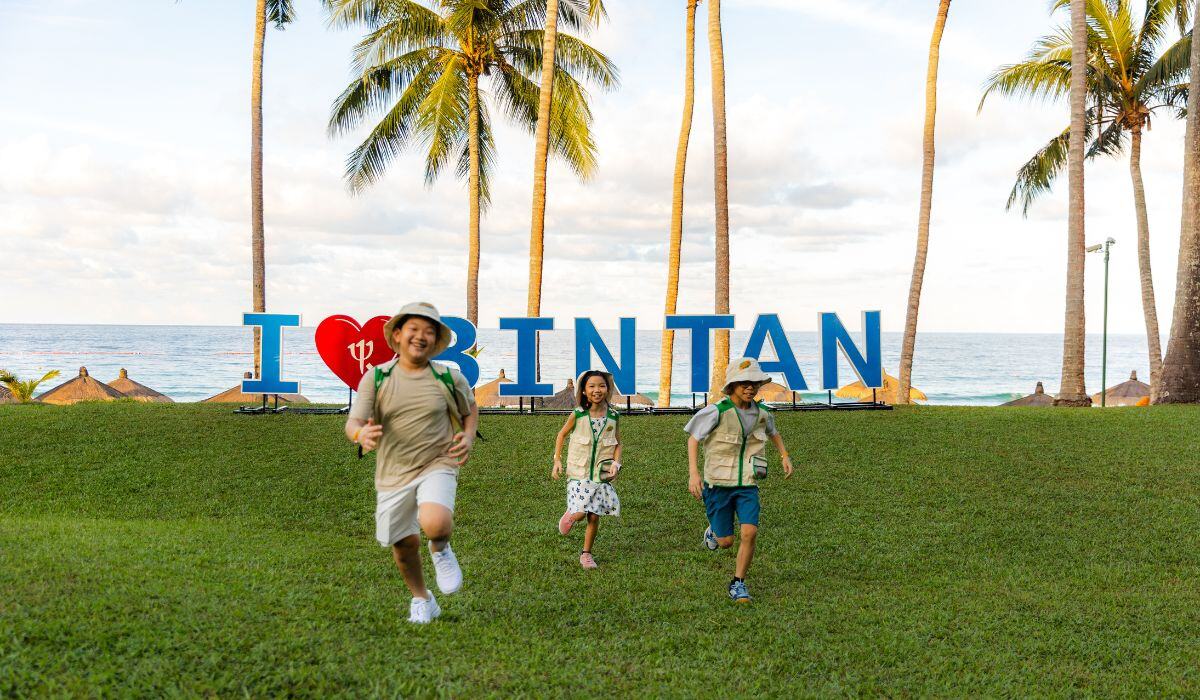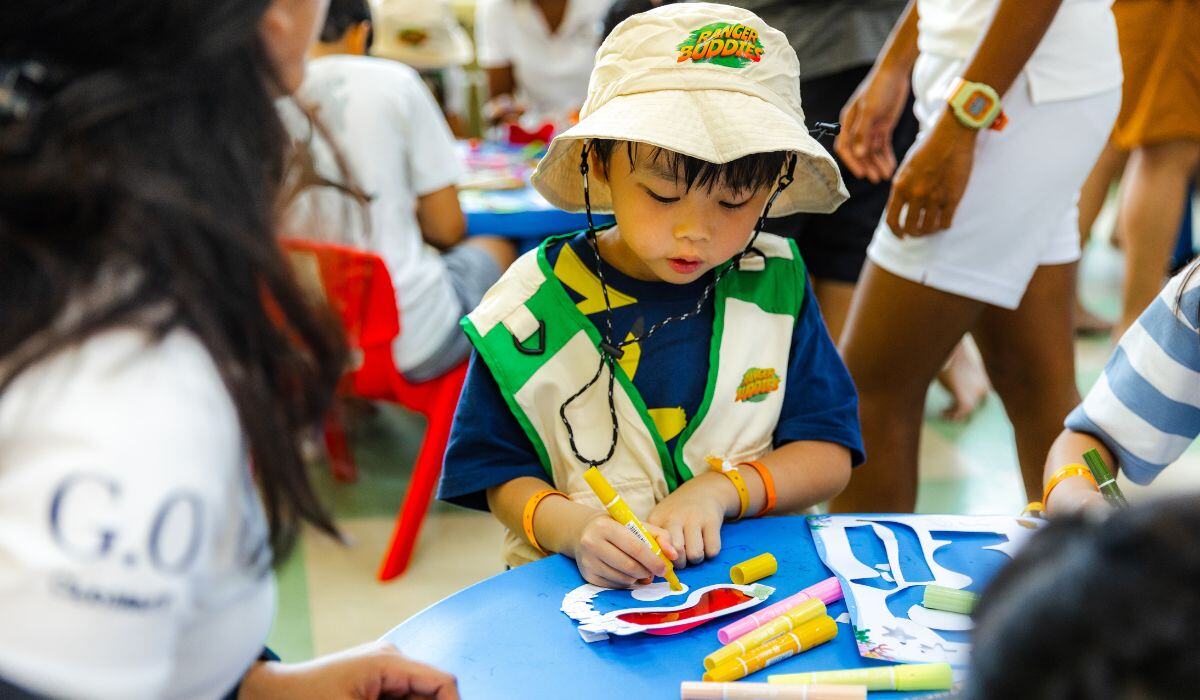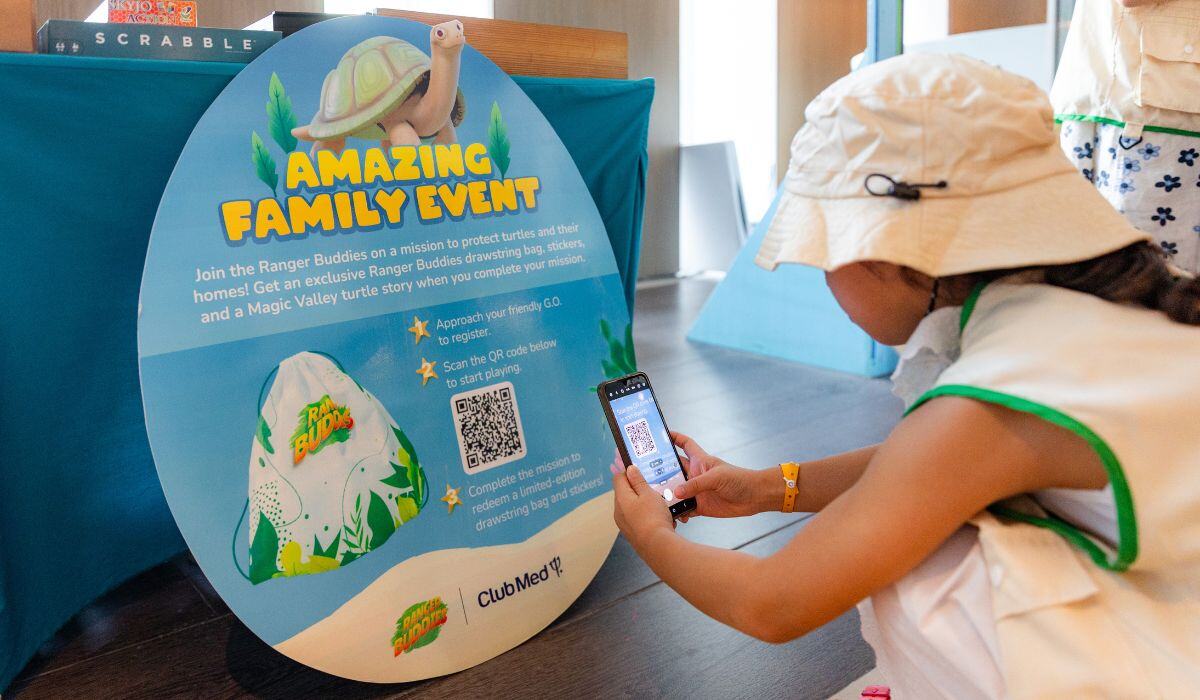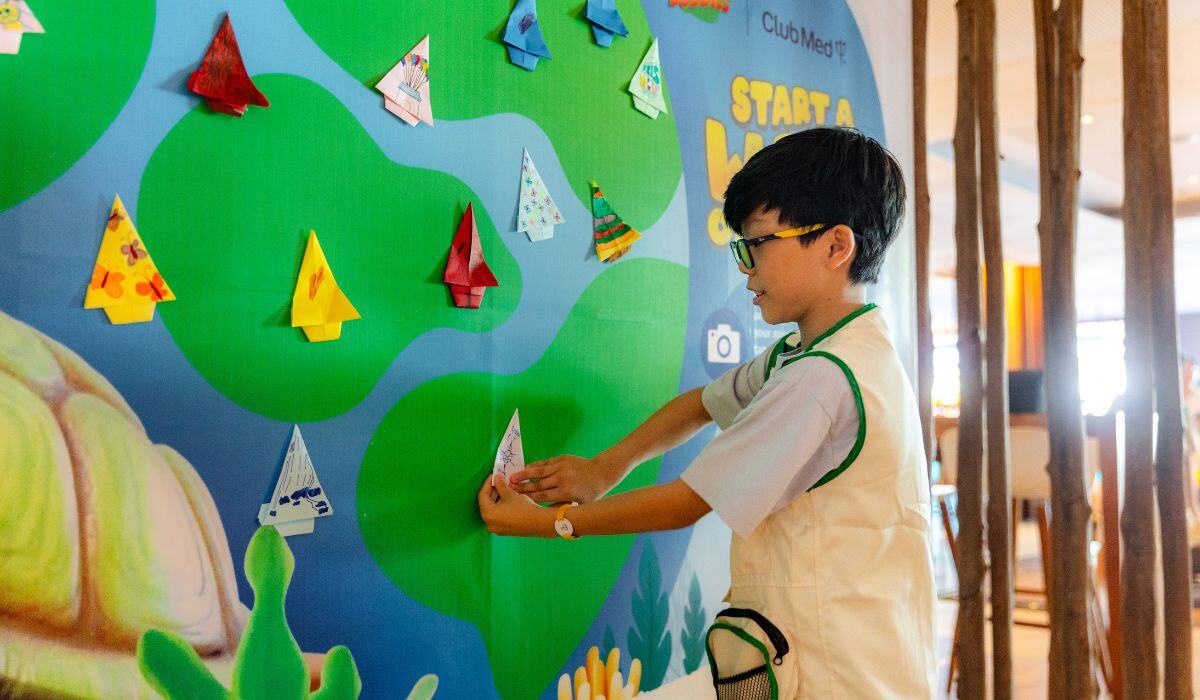How to raise responsible, engaged, future-ready global citizens
In today's dynamic world, empowering kids to engage and make a difference matters more than ever.
At Ranger Buddies, we are dedicated to nurturing future-ready young heroes who are equipped to create positive change in the world. This article explores the importance of global citizenship in a world of rapid changes and growing challenges, and offers strategies to help your child develop into a responsible and engaged global citizen.
What is global citizenship?
According to Oxfam, global citizenship is the term for social, environmental and economic actions of individuals and communities who recognise that every person is a citizen of the world[1]. A global citizen is aware of and understands the wider world – and their place in it. They take an active role in their community, working with others to make the world more equal, fair and sustainable.
Why be a global citizen?
Being a global citizen is crucial in today’s world. It helps children develop broader perspectives and the resilience to drive meaningful change, increasing their opportunities in life and the global impact they can have. Global citizenship shows young people to recognise that their voice matters and that their actions can create a fairer, safer and more secure world for everyone.
As a global citizen, your child will be able to:
- broaden their horizons
- develop holistically
- find their voice
- challenge ignorance and intolerance
- use their power to act and influence the world around them
- get involved in local and global communities to work for change
What can you do to raise a global citizen?
Raising a global citizen starts with cultivating key character strengths and values that inspire and enable your child to discover the world, engage in it and contribute positively to it. Here’s how each C.O.U.R.A.G.E. strength helps in shaping a global citizen.
Curiosity
Becoming a global citizen begins with curiosity – the innate drive that leads children to explore, question, and learn about themselves, others, and the world around them. Curiosity opens minds, fostering an eagerness to understand local and global issues and the interconnectedness of our world.
From as early as two years old, children start noticing differences among people, not with judgment but with genuine curiosity. How you respond to their observations sets the tone for their attitudes toward diversity. Use their questions as teachable moments. Explain that differences in how people look, act, speak, eat, or dress are what make the world interesting and vibrant. Take the opportunity to explore topics further with your child, turning their curiosity into shared discovery.
Read widely and intentionally, introducing books that showcase diverse customs and characters to expand their horizons and foster appreciation for other cultures. Create an environment where asking questions and making mistakes are celebrated as part of learning. In doing so, you cultivate a curious mindset that facilitates learning[2] not just in school, but in all of life.
Optimism and Grit
Optimism allows children to see challenges as opportunities and maintain a positive outlook even in difficult times. This positive mindset is essential for resilience[3], enabling them to persevere in working toward a better future for the world. Similarly, grit enables children to persist towards long-term goals despite setbacks. Children with grit understand that success doesn’t come easily or quickly. They’re willing to put in the effort, learn from mistakes and keep going when things get tough[4].
Encourage optimism and grit by teaching children that the journey matters as much as the destination. Celebrate their determination and perseverance rather than the result. When setbacks arise, ask, “What’s something positive you can take from this?” or “What could you do differently next time?”. Whether it’s excelling at a sport or realising a personal project aimed at improving their environment, optimism and grit will empower children with the determination to pursue long-term goals that benefit themselves and the community.
Undauntedness
Undauntedness is the courage to face difficulties and challenges head-on — such as trying a new skill or speaking up for what is right. Children with this quality don’t give up easily, and instead work on overcoming challenges with focus and purpose.
Normalising failure as a stepping stone to success and encouraging children to engage in activities that push their comfort zones – such as performing in a play or trying a new sport – can help foster undauntedness, building your child’s confidence and capacity to make meaningful contributions[5]. By cultivating an undaunted mindset, you give your child the confidence to dream boldly and take positive action in their communities and beyond, even when the goal seems lofty and challenging.
Resourcefulness and Adaptability
Being resourceful means being able to think creatively and critically to solve problems, while adaptability is the ability to handle change with resilience and flexibility. Both are vital for navigating an unpredictable world. As technology and society evolve, these strengths enable children to acquire new skills, collaborate across cultures, and find innovative solutions to challenges[6].
Model a positive attitude toward change by responding to unexpected situations with statements like, “Let’s see how we can make this work.” Encourage your child to think creatively when faced with challenges and expose them to a variety of activities and cultures. This broadens their perspective, fosters openness to change, and prepares them to thrive in a world that demands adaptability and creativity.
Empathy
Empathy is the ability to step into another’s shoes and see the world through their eyes, a fundamental trait for building meaningful relationships and fostering global citizenship. In a future where global challenges require collective action, empathy will be more important than ever.
Empathetic children are better at resolving conflicts, working with diverse groups and understanding different perspectives. The superpower of empathy fosters kindness and a sense of responsibility toward others and the environment, making them more likely to contribute positively to a more compassionate and connected world.
Foster empathy through stories, books, and movies that explore diverse perspectives. Ask your child questions like, “How do you think the character feels?” or “What would you do in their situation?” Encourage them to engage meaningfully with people from different backgrounds and learn to respect traditions and values that may differ from their own. Model empathy by discussing emotions openly and involving them in acts of kindness, such as helping neighbours or volunteering in community programmes. By teaching them to care for and take the perspectives of people who are different from them, you prepare them to be compassionate global citizens.
In summary,
- Curiosity fuels their desire to learn and explore.
- Optimism helps them see possibilities in every challenge.
- Undauntedness gives them courage to face difficulties head-on.
- Resourcefulness encourages creativity and innovation.
- Adaptability builds their ability to navigate change readily.
- Grit drives perseverance and sustained effort in the face of obstacles.
- Empathy fosters connection with others and the world around them.
These C.O.U.R.A.G.E. strengths underlie every Ranger Buddies experience as we help children to discover the world and the issues it faces, and use their superpowers to create positive change for themselves, others and the world.
By modelling these superpowers yourself and nurturing them in your child, you set the stage for a future where they can thrive, contribute meaningfully and make a difference. The journey begins with everyday actions and moments – one question, one challenge and one small mission at a time.
REVIEWED BY DR JACQUELINE CHUNG
References
[1]Oxfam. (n.d.). What is global citizenship? Oxfam Education. Retrieved from https://www.oxfam.org.uk/education/who-we-are/what-is-global-citizenship/
[2]Engel, S. (2011). Children's need to know: Curiosity in schools. Harvard Educational Review, 81(4), 625–645.
[3]Seligman, M. E. P. (2006). Learned optimism: How to change your mind and your life. New York: Vintage Books.
[4]Duckworth, A. L. (2016). Grit: The power of passion and perseverance. New York: Simon and Schuster.
[5]Dweck, C. S. (2006). Mindset: The new psychology of success. New York: Random House.
[6]Runco, M. A. (2014). Creativity: Theories and themes: Research, development, and practice (2nd ed.). Waltham, MA: Academic Press.




